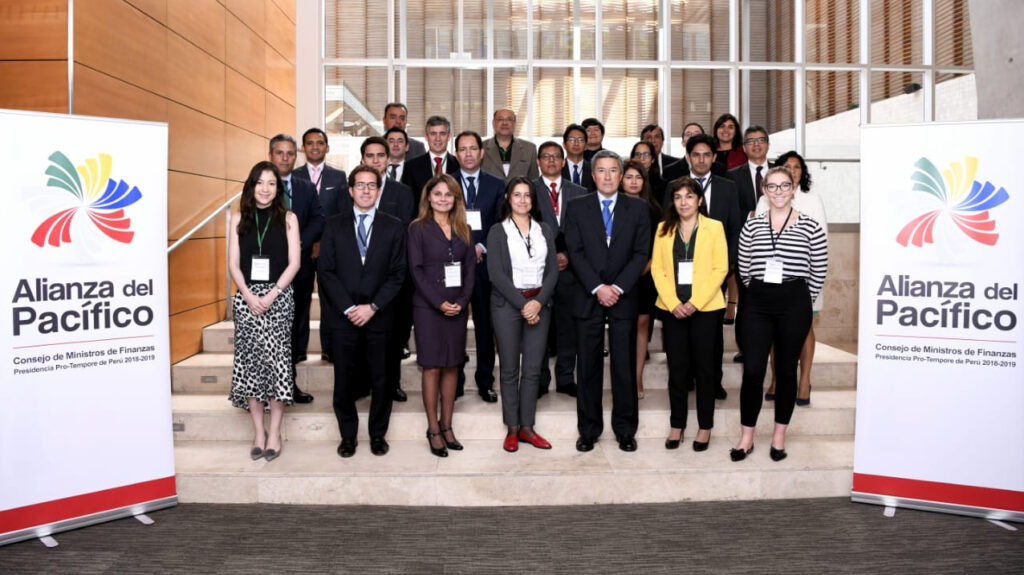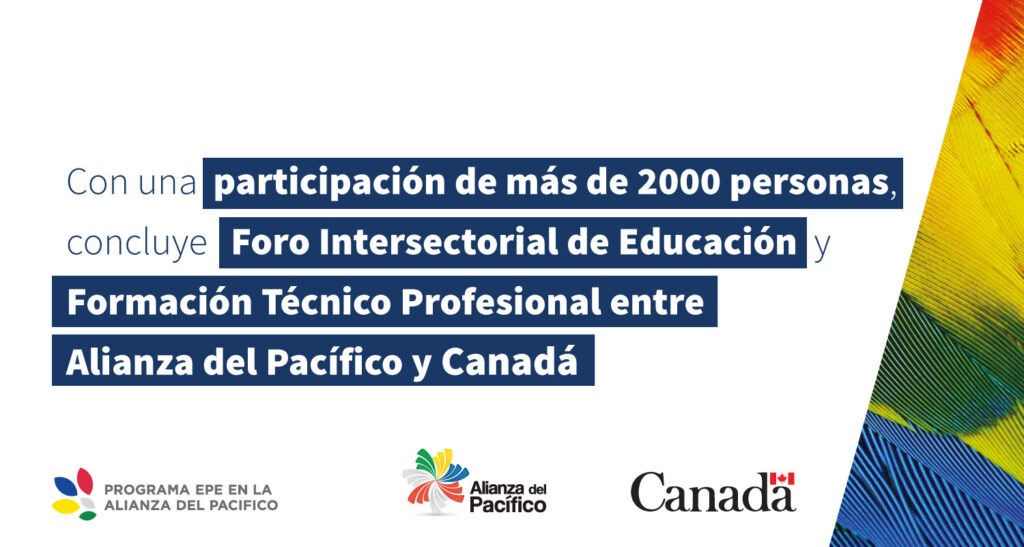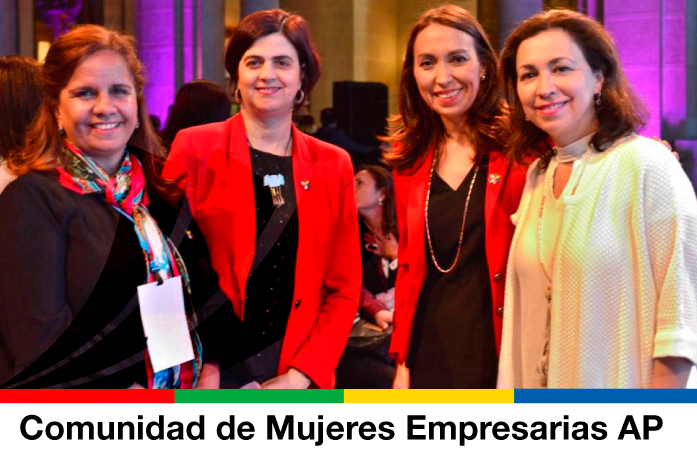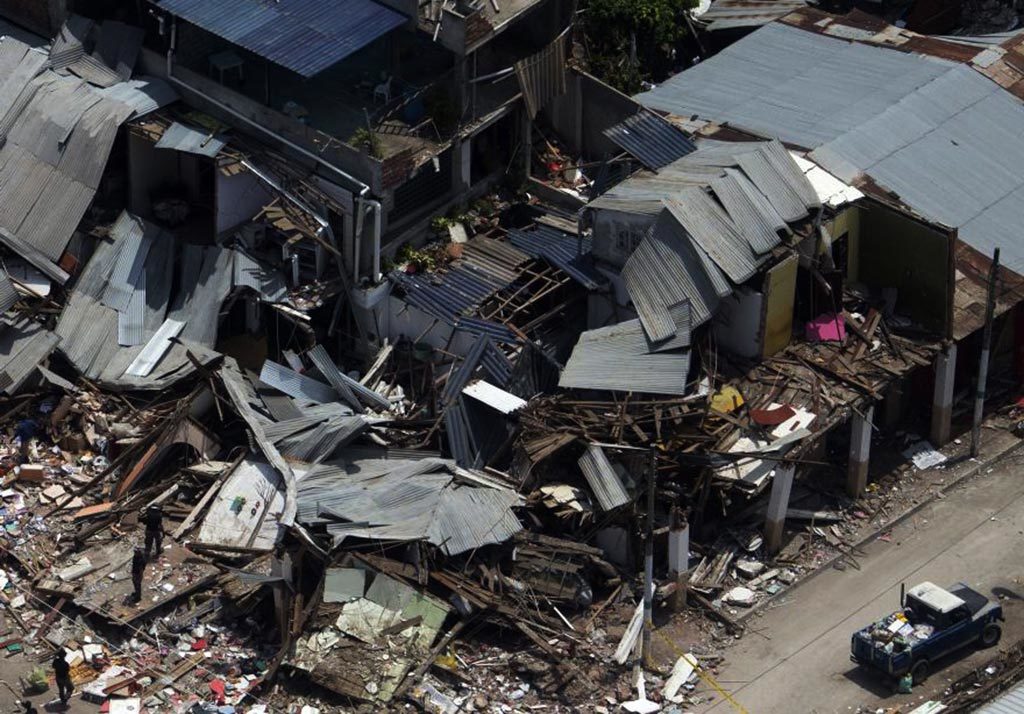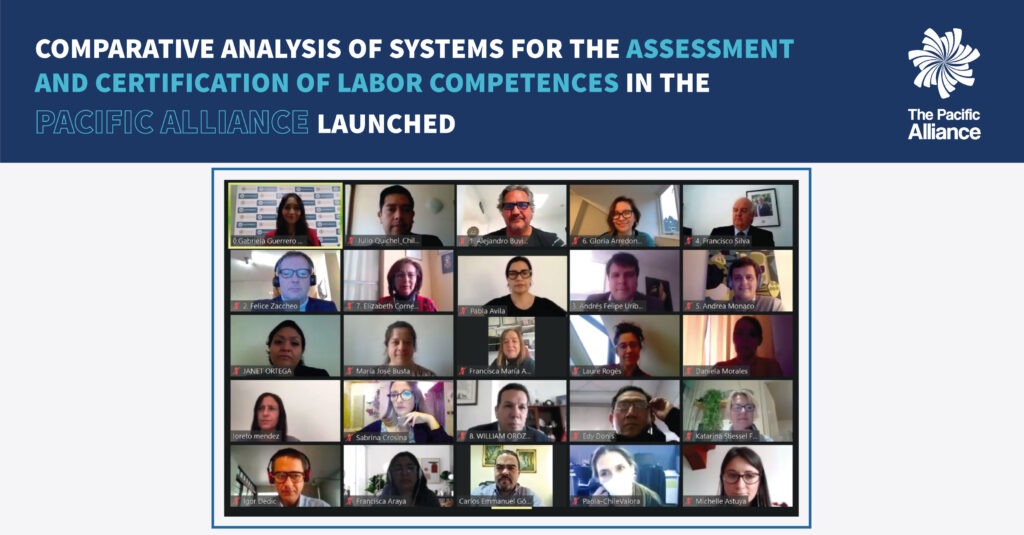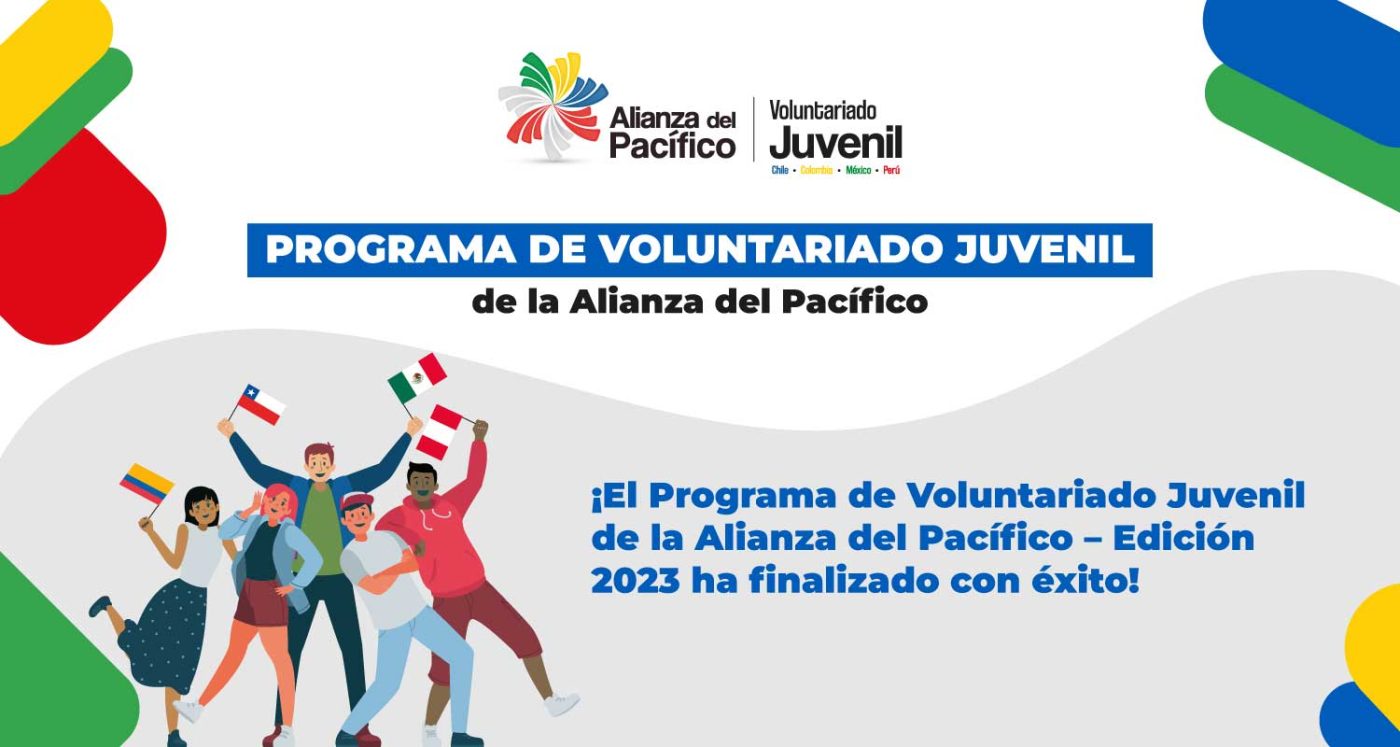El Foro es parte de las actividades del programa Educación para el Empleo en la Alianza del Pacifico (EPE-AP) que se desarrolla en conjunto y es financiado por el gobierno de Canadá.
5 de noviembre de 2020. Hoy concluyó la cuarta y última sesión del “Tercer Foro Intersectorial de Educación y Formación Técnica y Profesional: Buenas Prácticas y Políticas en la Alianza del Pacífico y Canadá”, que contó con la participación, en sus cuatro sesiones, de más de 2.000 personas de los cuatro países de la AP: Chile, Colombia, México y Perú, y de Canadá, país observador de la Alianza, así como de otros países.
La directora general (s) de Asuntos Económicos Multilaterales de la Cancillería chilena, Angélica Romero, expresó los agradecimientos a Canadá, en nombre de la presidencia pro tempore Chile, de la Alianza del Pacífico, por su apoyo para realizar este Foro y explicó que “el desarrollo de esta actividad nos ayuda avanzar en el desafío de lograr una Alianza del Pacifico más integrada, ciudadana, global y conectada al año 2030; ya que la cooperación canadiense enlaza al sector educativo con el sector productivo de los países de la Alianza”.
El Foro, corresponde al tercero, que se realiza en el marco del Programa Educación para el Empleo en la Alianza del Pacífico, EPE-AP, ejecutado por Colleges and Institutes Canada (CICan), asociación canadiense de institutos tecnológicos, y tuvo como propósito intercambiar buenas prácticas, políticas y lineamientos innovadores, compartir conocimientos y experiencias, a fin de generar un diálogo regional dinámico y enriquecedor entre las delegaciones participantes.
La presidenta y directora general de Colleges and Institutes Canada (CICan), Denise Amyot, señaló que “estamos muy contentos y orgullosos sobre el excelente resultado del Foro virtual Intersectorial de EFTP. La impresionante lista de autoridades políticas y especialistas que se presentaron durante las últimas cuatro semanas, y el número de participantes que se conectaron durante las cuatro sesiones, demuestra la importancia de estos temas, el interés y el compromiso en el fortalecimiento de la EFTP y, por supuesto, el valor del diálogo y la cooperación. Estamos encantados de ver cifras de participación tan altas logrando un alcance e impacto generalizados”.
El Tercer Foro estuvo estructurado en tres paneles: Articulación Inter Niveles, Vinculación de la Educación y Formación Técnica y Profesional (EFTP) y el Sector Productivo, y Aseguramiento de la Calidad, que se realizaron los días 15, 22 y 29 de octubre, respectivamente. Estos tres webinarios permitieron cumplir el propósito de intercambiar buenas prácticas, políticas y lineamientos innovadores, así como compartir conocimientos y experiencias entre los cuatro países de la AP y Canadá, el evento contó con la participación de 25 expertos internacionales -incluyendo a la Directora del Centro Internacional EFTP de la UNESCO-UNEVOC, Soo-Hyang Choi, a fin de generar un diálogo regional dinámico y enriquecedor entre los expertos y los participantes.
La cuarta y última sesión del Foro realizada hoy tuvo un carácter participativo y dinámico, y estuvo dirigida específicamente a actores nacionales y ministeriales, del sector privado, de la sociedad civil y directivos institucionales de los cuatro países de la AP y Canadá, con el objetivo de identificar recomendaciones para una implementación práctica y sostenible de lo expuesto en estos últimos tres webinarios. Además, se trabajó en subgrupos geográficos lo que permitió identificar buenas prácticas y políticas prioritarias para cada ministerio u organización y el establecimiento de grupos de trabajo en sinergia.
“La inspiradora lista de autoridades y expertos como presentadores en el Foro, así como el impresionante número de participantes que se conectaron durante las cuatro sesiones, demuestra la importancia de estos temas, el interés y el compromiso por fortalecer la EFTP y, por supuesto, el valor del diálogo internacional y cooperación. Fue emocionante ver a representantes del sector público, privado y civil, y en particular, a los aproximadamente 800 estudiantes y profesores. La Alianza del Pacífico se beneficiará de este alto nivel e impacto alcanzado”, concluyó Sara Cohen, directora general, Oficina de América del Sur y de Asuntos Interamericanos, Asuntos Globales de Canadá.
COMUNICACIONES PPT DE LA ALIANZA DEL PACÍFICO

